What is the Time It Will take for you to learn Python?
It can take between five and ten weeks to master Python programming fundamentals, which includes object-oriented programming, the primary Python syntax data types, loops variables, functions, and loops. At the end of the day, however, how long the process takes master Python depends on the amount of familiarity you have with web development, programming languages, data science, other related areas. Although it's complex and contains a variety of libraries to study and decipher, the syntax of Python is straightforward, and its ideas are relatively short. The simple syntax facilitates rapid learning and enables an intuitive and smooth coding process. It reduces the burden on your brain when you work on more challenging and complex projects.
The extensive library options available in Python make coding much easier as you can insert any action from the library into your program. Plus, since Python is an open-source program and free to use, the library list and resources are constantly growing. As Python grows in popularity, the users will discover more flexible libraries that can create more code with less time and make their existing content more efficient.
Related posts
The Top Data Science Projects With Source Code 2022
Is Learning Python Hard for Beginners?
Python is considered beginner-friendly since it is a programming language focused on accessibility, which makes it simpler to learn and use. The syntax of Python is similar to its counterpart, the English language, which makes it simple for new programmers to jump into an exciting world of programming.
Python is also a flex dynamically typed, dynamically typed language, which means that the rules aren't set in stone and are more user-friendly. It's also a softer language that can perform with a specific error level.
How Difficult Is It To Learn Python?, Source: Youtube, Code Career Genius
Since Python's readability and other fundamental elements are made to be simple to grasp, it's an ideal language for novices. Yet, Python is not limited to simple use. It can support some of the most complicated applications and websites globally.
Python supports all the features in an object-oriented language and is also an OO programming language. This is why it's not an accident to find that Python is the preferred language for Developers, Data Scientists, and Software Engineers.
What can I do to Learn Python on My Own?
With its simplicity, it's possible to learn Python by yourself. It's easy to install the language and use it from any computer. If you have any issues, Python has a vast and highly active user-base that makes it easy to locate a community ready to help you with your questions.
Coding bootcamps and data science classes are becoming a more popular choice for people seeking to master Python and are not just for newbie Python Developers. Just like in other fields of technology, Python experts need to be constantly learning to keep up-to-date with developments in methods, programming languages, and the latest trends in data science.
How To Learn Python At Home, Source: Youtube, Code Career Genius
Another advantage of Python is the abundance of documentation available on Python.org. Many sites let you try out Python and keep current, such as practicepython.org and codingbag.com. Contributing to an open-source commons, like GitHub or Bootstrap, will keep you updated.
If you're interested in knowing the availability of a specific program or library with specific functions compatible with Python, there are many resources. The Python website has a Python Package Index (also known as the Cheese Shop). The site also has search pages for numerous websites that provide Python-related information.
How long does it take to Master Python for Beginners?
An average beginner should take 6-8 weeks to master the basics of Python. It takes that long to master most lines of code in Python. It will take considerably longer to master Python to begin an entirely new job as a Python Developer.
How Long Does It Take to Learn Python? (And Get a Job), Source: Youtube, Afternerd
How many hours does it take To Learn Python?
If you're starting and want to master Python within the space of two to three months, you'll require an entire time to study Python. If you spend 40 hours a week learning Python and want to master it, it will take around 250 hours to develop your Python capabilities.
Is it challenging to learn Python?
Python is widely regarded as one of the easiest programming languages for beginners to master, yet it can be a challenge to master. Anyone could master Python when they try long enough, and becoming a Python Developer requires plenty of practice and perseverance.
Does Learning Python Worth it in 2022?
With the help of popular ML libraries such as Pandas and Scikit-learn, Python is the preferred language used in many fields, including data science, analysis, and machine learning. It's crucial because there is a demand for knowledgeable people about ML, and jobs in ML are predicted to earn $30 billion in 2024.
Because of the broad range of Python and its many functions and applications is an excellent tool for numerous job roles. It is essential to, at a minimum, learn the basics of Python if your work is related to web, software or data, product, or design.
What should I learn Python 2 or Python 3?
One of the significant benefits of Python 3 includes syntax. These simple commands are built-in Python 3 code make it easier to use and provide more precise division of integers and the ability to display various languages and popular emojis by using Unicode and advanced libraries (though this could only impact the more advanced Python developers).
Python 2 is no longer supported, and security flaws cannot be fixed.
What can I do to Learn Python on my Own?
It is achievable for you to master Python by yourself. However, it can influence the length of time required to master Python. There are plenty of online courses for free videos, tutorials, and other interactive resources to aid anyone learning to code using Python.
One of the benefits of using Python is that the Python developers' community can be large and supportive.
What can you do? Learning Python Do For You?
The numerous advantages of studying Python could be making it simpler to learn additional programming languages, giving you a highly sought-after job skill, and assisting you in communicating within multi-disciplinary teams.
Here are a few other benefits of you can do to master Python will do for you:
What Can You Do With Python – Computer Programming (Guide), Source: Youtube, Clever Programmer
Many different applications
Python is utilized by various major corporations, including Netflix, Facebook, Instagram, Google, Disney, Amazon, Spotify, and numerous others. Suppose it appears Python is used in virtually every industry. In that case, it's because Python can be used for tasks related to the mining of data, AI Web development embedded systems, testing, product development, and many other things.
Keep pace with the others.
If you look at the statistics, Python is tops among the languages growing fastest across the globe. Its TIOBE Index shows Python as the second-highest, only behind C and C but shrinking.
How can I learn Python Without Having Any Programming Experience?
Yes, it is possible to learn Python without previous programming experience. Python is so popular due to its ease of use and intuitive design.
For those with no coding experience, Python is considered the ideal programming language. The syntax is simple and easy to learn as it is possible to understand Python code just like you comprehend English commands.
Conclusion
If you're a code enthusiast, you should start by learning the Python language. If you're willing to persevere and are enthusiastic, you'll surely succeed.
Related posts
Best Python frameworks you need to be aware of in 2022
The Secret To Increasing Android App Installs
Hope this article is helpful to you, thanks for reading.
Source: https://proreviewsapp.com/

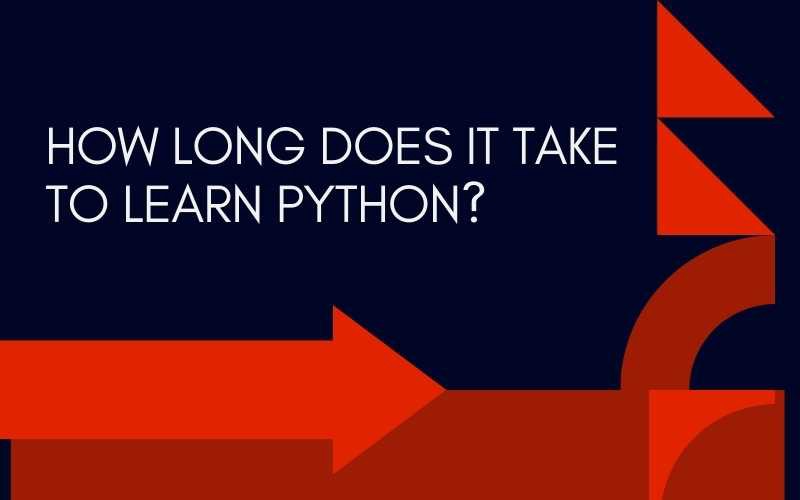

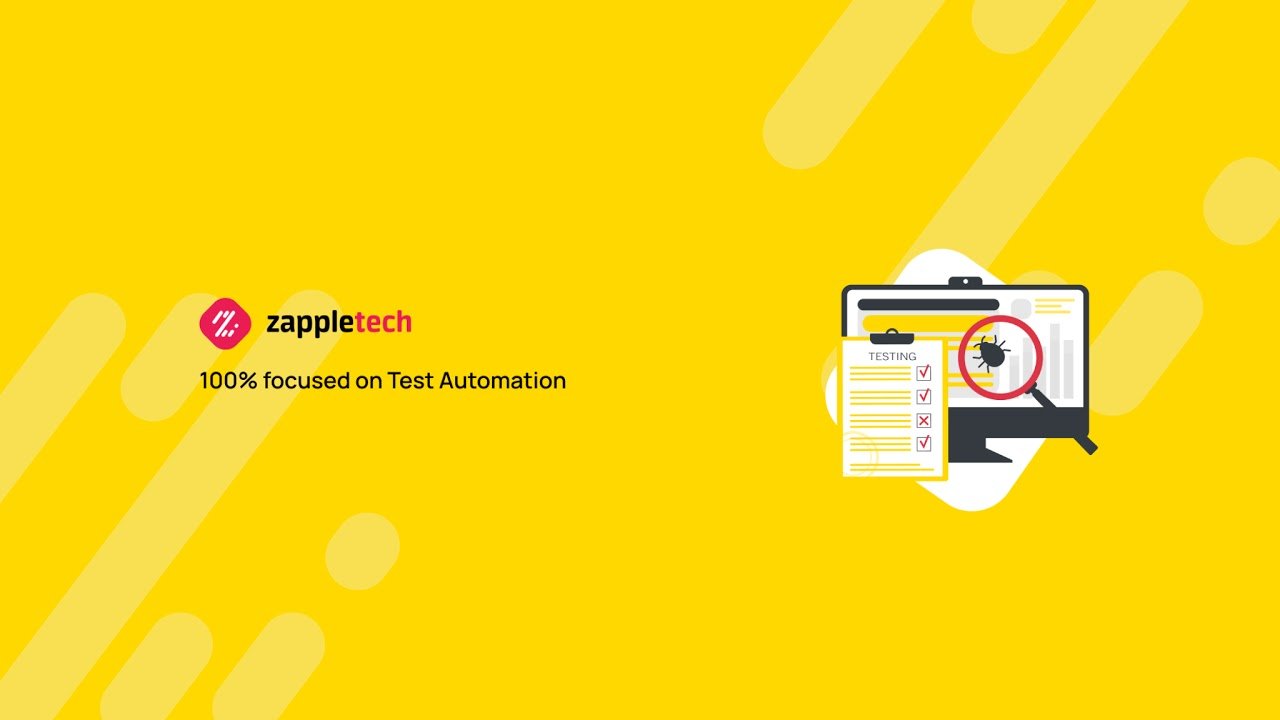


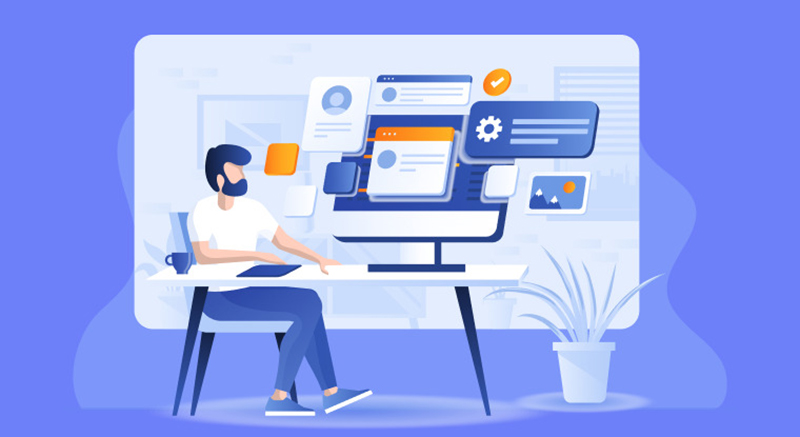
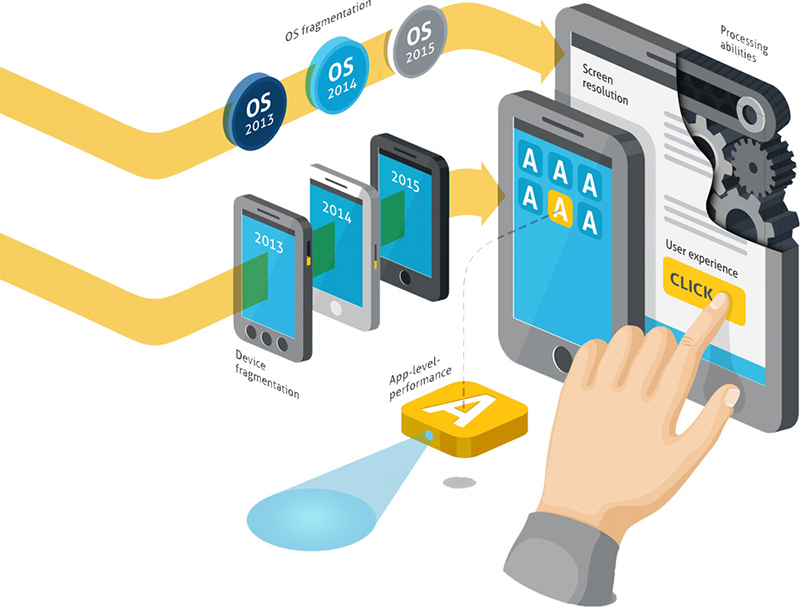
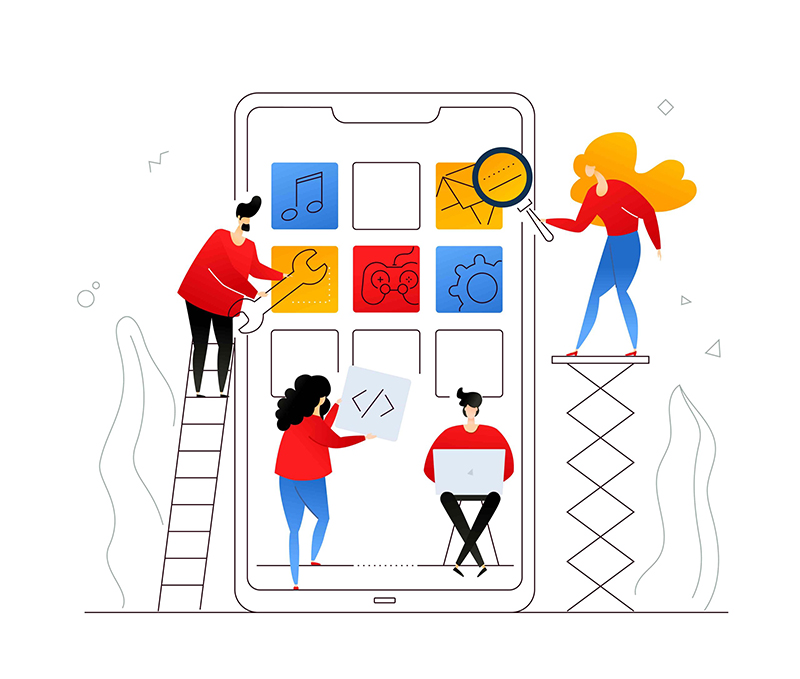
Leave a Reply
Your e-mail address will not be published. Required fields are marked *